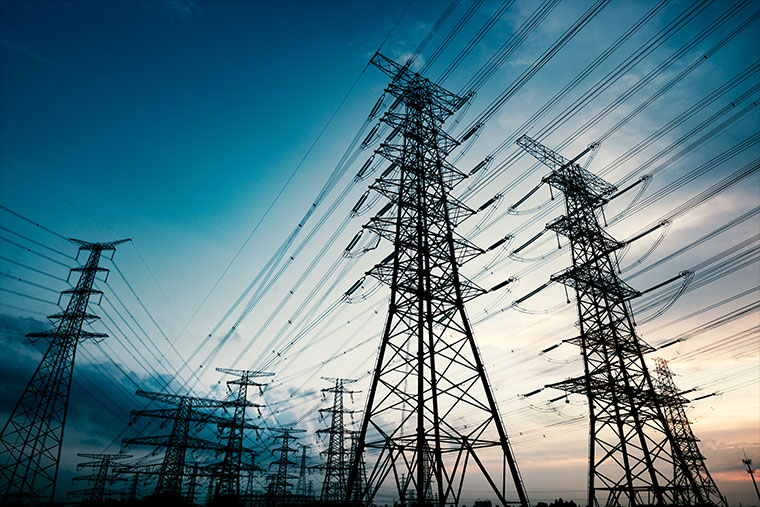One week ago, U.S. Senators Manchin (I-WV) and Barrasso (R-WY) released the Energy Permitting Reform Act of 2024 to speed up transmission development and accelerate electrification across the United States.
electrifiED posted an in-depth article on it, but NEMA, NECA, and SEIA also issued the following statements:
(NEMA) “NEMA and our members are pleased to see this much-needed and bipartisan effort to reform the complex and burdensome federal permitting process,” said Debra Phillips, President and CEO. “NEMA has consistently advocated for streamlined and expedited federal permitting processes to unlock our domestic resources, deliver reliable electricity capacity, and achieve our nation’s electrification goals.
Phillips added: “A thorough yet streamlined permitting process is critical to meet our nation’s current electrification needs but also our future energy demands, regardless of generation source. As NEMA members scale manufacturing capacity to deliver the various components and systems needed to enhance the grid, this legislation to update permitting rules and modernize transmission planning provides better business certainty and is good news for energy reliability, resiliency, and economic growth.”
“We are also encouraged that the bill rightly requires transmission planners to consider the use of existing rights-of-way in transmission planning,” she continued. “We applaud Senators Manchin and Barrasso for their leadership to help our nation meet its electrification goals. We look forward to working with Congress and leaders on both sides of the aisle to advance this legislation and streamline permitting development and approvals.”
NEMA’s Additional Background:
Rights-of-way allow developers to use existing brownfields which have already undergone environmental assessments and issued impact statements, significantly reducing the length of the permitting process. To that end, NEMA recently submitted recommendations through the Rail Electrification Council to the U.S. Department of Energy on how rights-of-way designations and processes can be enhanced.
This bipartisan legislation aligns with that effort to increase capacity between interconnections and further electrification efforts in the United States.
(NECA) “Enacting permitting reform is critical to ensuring timely approval for projects,” said Senior Vice President of Government and Public Affairs Marco Giamberardino. “Recent reforms enacted by Congress have been a good step forward. However, critical reforms for transmission and distribution, grid reliability, onshore energy and minerals, and judicial review are still sorely needed.”
He added: “NECA is pleased to endorse the Permitting Reform Act of 2024 as a means of solving these requirements. On behalf of our 4,000 electrical contractors across America, we thank Senators Manchin and Barrasso for their leadership and determination to get this legislation introduced. We urge the Senate to pass this bill as soon as possible.”
This legislation will significantly impact the electrical construction industry by streamlining the permitting process for energy projects. This Act aims to reduce bureaucratic delays, making it easier and faster for electrical contractors to start and complete projects. By simplifying regulatory hurdles, the act supports the expansion and modernization of energy infrastructure, including renewable energy installations and grid upgrades, ultimately fostering industry growth and innovation.
(SEIA) “We’re pleased to see bipartisan recognition that we must quickly and efficiently build out transmission capacity to keep pace with America’s growing electricity demand,” said Abigail Ross Hopper, president and CEO of the Solar Energy Industries Association (SEIA). “For years, SEIA has been calling for a fundamental shift in the way we build transmission capacity and has long advocated for reforms that fairly allocate costs. While we’re still reviewing the details, this is a conversation worth having.
Hopper continued: “We also commend the renewed efforts to simplify and streamline the development of clean energy infrastructure on public lands, helping us lower costs for ratepayers and improve grid reliability. This bill is a positive step forward for our clean energy future, and we look forward to seeing this bipartisan bill get introduced on the Senate floor.”
Tagged with electrification, grid





